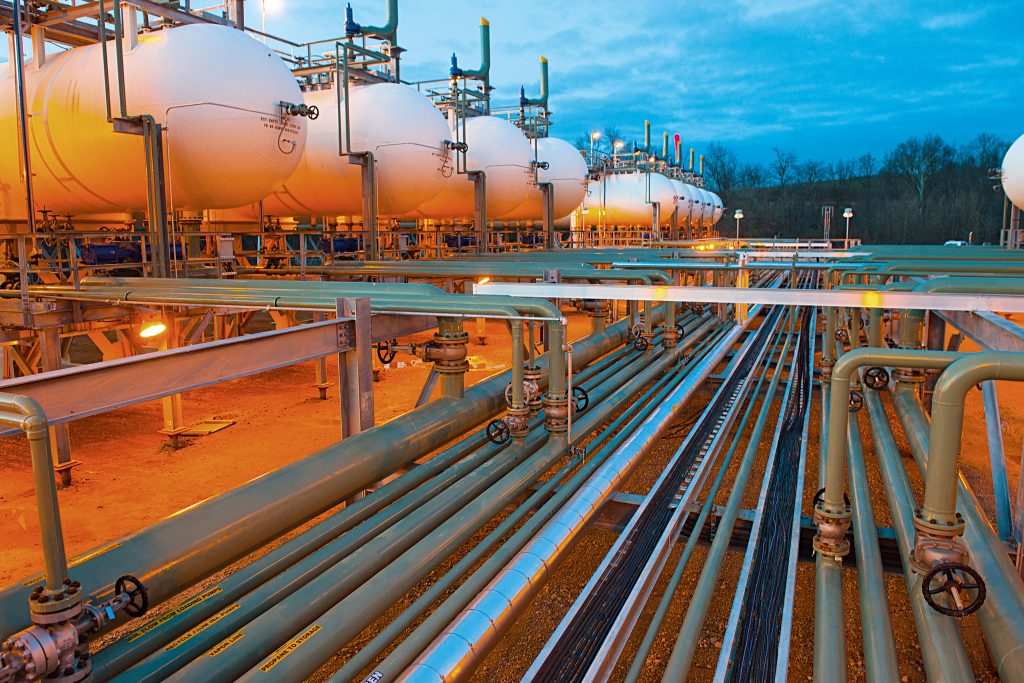Plans to use gas as a transitional fuel is ‘flawed’, Oireachtas committee hears

July 10th, 2018
The Oireachtas Committee on climate action and the environment concluded its second hearing on the Climate Emergency Measures Bill this afternoon.
The Bill seeks to amend the Petroleum and Other Minerals Development Act 1960 to stop the Government from issuing any new licenses for the exploration and extraction of fossil fuels.
Speaking at the hearing, the Department of Climate Action’s Matt Collins said that Ireland will still rely on oil and gas over the next decade.
He argued that there is a continued role for natural gas as a key transitionary fuel in the short to medium term.
Mr Collins said that Ireland must move toward sustainably but protect its “security and competitively” through fossil fuel exploration in Ireland as 85 per cent of our energy is currently imported.
However, Gregg Muttitt of the climate and energy think tank Oil Change International told the committee that Ireland’s current dependency on coal, oil and gas will ensure they miss their Paris Climate Targets and fail to keep temperatures below pre-industrial levels.
“The best pathway is a managed decline of fossil fuel consumption, with investments in renewable energy,” he said. He argued that the idea of using gas as a transitional fuel is a “flawed” plan as it doesn’t fit within today’s market budgets.
Mr Muttitt said that there is too much gas in the power system and that the transition to renewable power will be slower if gas is allowed to compete with wind and solar energy.

Natural gas pipeline USA Photo: Bilfinger
Deputy Brid Smith, who tabled the Bill, argued that, if passed, it will send a global signal and force the government to acknowledge the current “climate emergency”.
She said that Ireland has no “security, energy or otherwise, with the planet in the state it is,” adding that we will fail to keep 80 per cent of fossil fuels in the ground without challenging the fossil fuel industry.
Paul Allen of the Zero Carbon Britain Campaign spoke of the gulf between physics and the political status quo. He warned that hopes for carbon capture storage and negative energy technology are placing a huge burden on future generations and that we are “better to root ourselves in what the physics demands”.
In order to provide evidence-based data, Mr Allen recommended that the Irish Government exploit their renewable potential by investing in both on and off-shore wind technology.
He also insisted that we must urgently reduce our “extreme” energy lifestyles and aim for a sixty per cent reduction in the next two decades.
He proposed dealing with the fluctuation of renewable energy supply by storing surplus energy until a lull in renewable energy production occurs. The stored energy can be used to power electricity when there is a lack of sun and wind-generated energy.
The committee is adjourned until 13:30 tomorrow when it will examine EU proposals to reduce the impact of plastic and illegal dumping issues raised by RTE Investigates last month.
[x_author title=”About the Author”]







